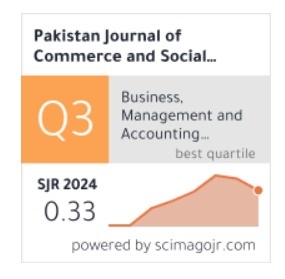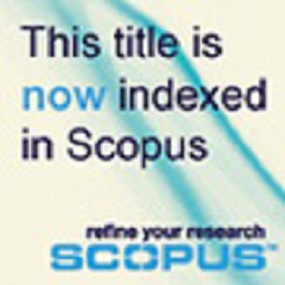Examining the Relationship among Work-Leisure Conflict, Coping Self-Efficacy, Psychological Flexibility and Psychological Wellbeing
Keywords:
work-leisure conflict, time-based work-leisure conflict, strain-based workleisure conflict, psychological wellbeing, coping self-efficacy, psychological flexibility, university academics.Abstract
The job demands of university academic staff members leave them susceptible to the experience of work-leisure conflict (WLC). WLC is often studied as a composite construct despite its multidimensional nature and findings suggest it negatively affects employee psychological wellbeing. This study probes this relationship by examining the specificity therein within the context of the dimensionality of WLC built on the conservation of resource theory. Specifically, this study hypothesizes that the time dimension of WLC leads to the strain dimension which then negatively impacts psychological wellbeing. Furthermore, this study hypothesizes that coping self-efficacy and psychological flexibility will moderate this relationship at either end. Cross-sectional data were collected from teaching staff of a public university in Nigeria. The data were analyzed using SPSS and PROCESS Macro add-on. Findings suggest strain-based WLC mediate the relationship between time-based WLC and psychological wellbeing. Also, coping self-efficacy moderates the indirect effect of time-based WLC on psychological wellbeing through strain-based WLC while psychological flexibility does not moderate the indirect effect of time-based WLC on psychological wellbeing through strain-based WLC. The result of the study is significant in implicitly signaling the negative effect of role overload, and explicit in explaining the mechanism and direction of the same.





